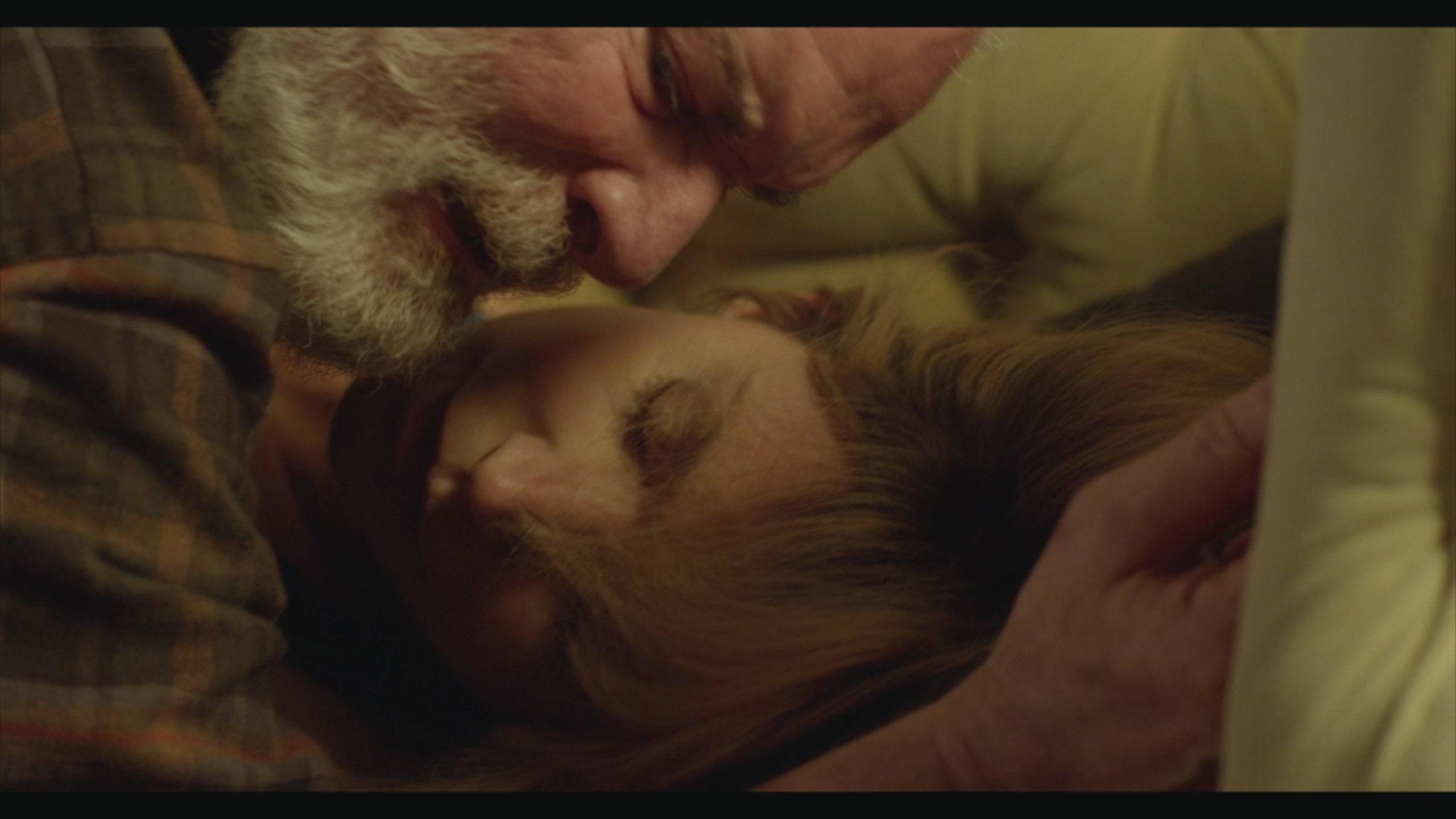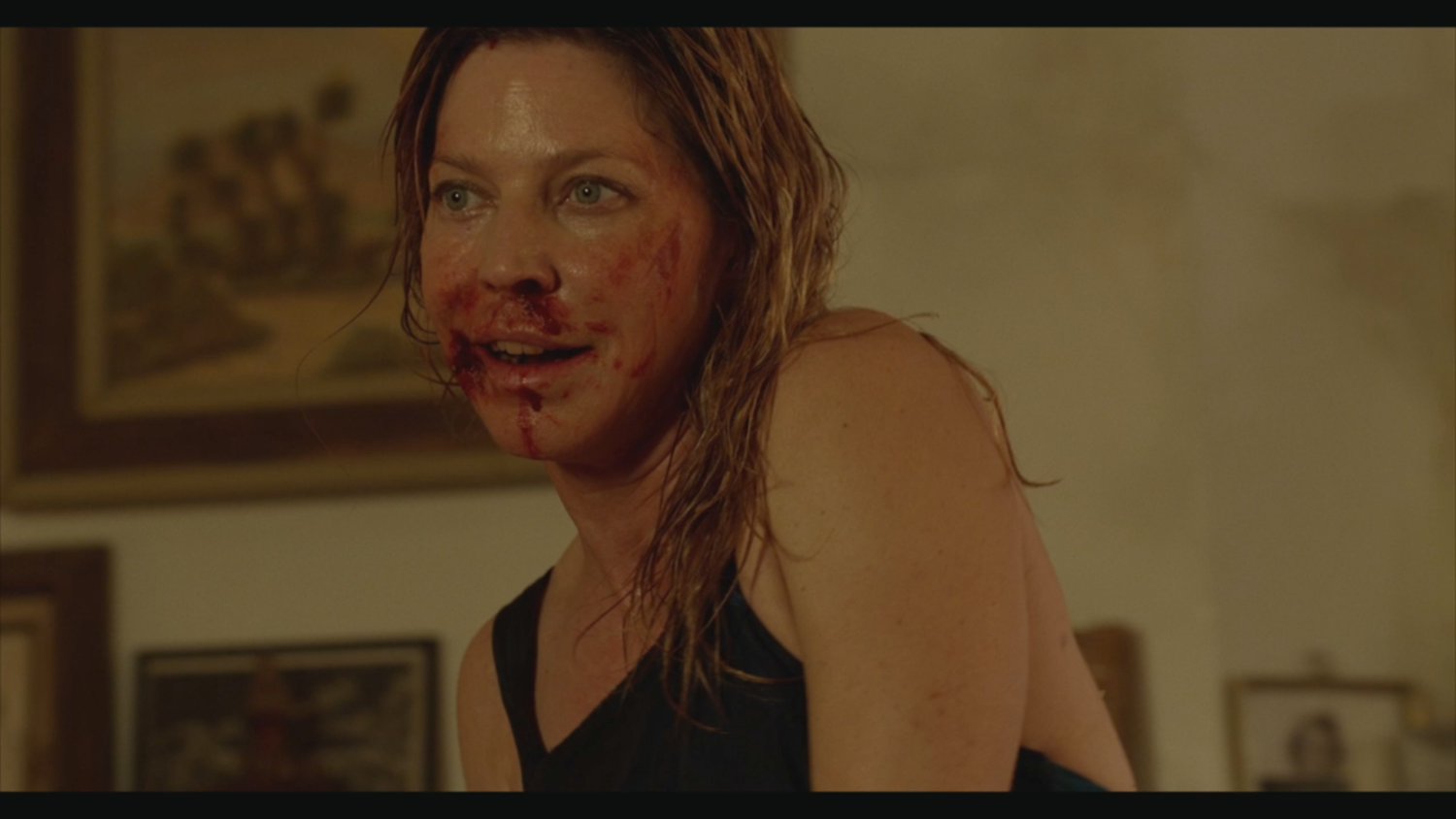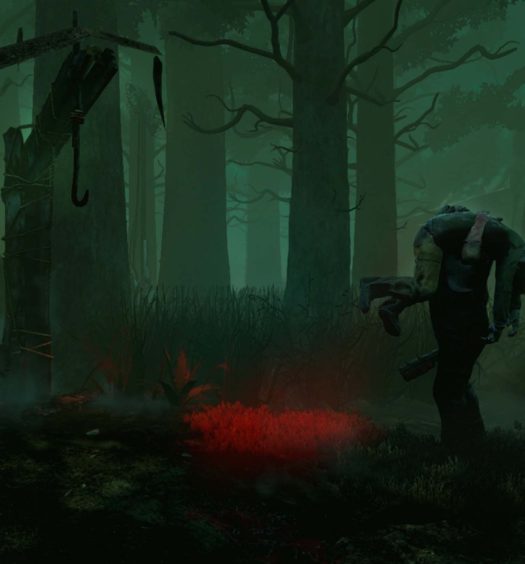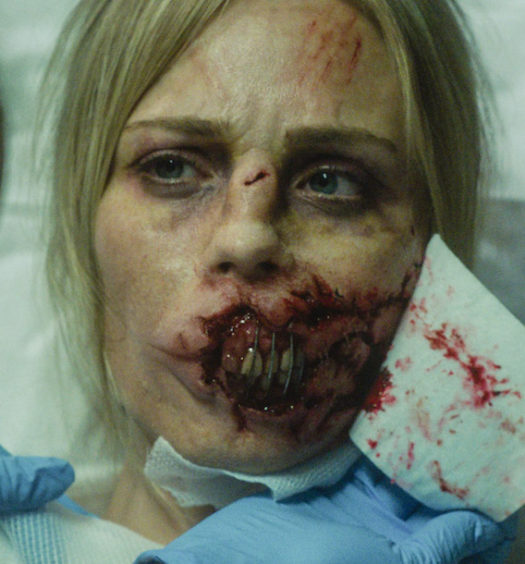She does, ultimately, give a definitive answer. “For sure, I would rather create something that is powerful to a few than just ‘meh’ to a bunch of people. That being said, I obviously want everybody to like what I write. I know, at least so far, that things I like to chase down are not liked by everybody. I’m totally ok with that, but I like it more if people like it.”
Coming full circle, Wright tells me how Eat Me was more personal than she realized until she saw it. When dark thoughts pop into her head, rather than suppress them, she follows them to see where they go. “A lot of times, we just don’t speak or investigate or deal with things that are uncomfortable. As an artist or a human, if something’s uncomfortable I keep going. When those thoughts come into my head, I tend to follow them a little bit further.”
Underneath every talented writer is an empathetic human being, and Wright is no exception. “I would definitely rather be a victim than the perpetrator,” she explains. Her empathy extends from her inability to “imagine being able to make peace with certain things.” Ultimately, “the burden of the disconnect from humanity to do unspeakable things is just profoundly sad.” Admitting that being on the other side sucks too, she nevertheless tells me that “if I had to make that choice, I’ll be the person to be taken out. I can live with that.”
“I would definitely rather be a victim than the perpetrator”
 Her empathy is best exemplified by Bob, portrayed by Brad Carter in Eat Me. “In the time we’re in,” Wright acknowledges, “there’s kind of a black and white between monsters and victims. So much of what I’m always seeking is that humanity in everything, and empathy where it’s hard to generate.”
Her empathy is best exemplified by Bob, portrayed by Brad Carter in Eat Me. “In the time we’re in,” Wright acknowledges, “there’s kind of a black and white between monsters and victims. So much of what I’m always seeking is that humanity in everything, and empathy where it’s hard to generate.”































